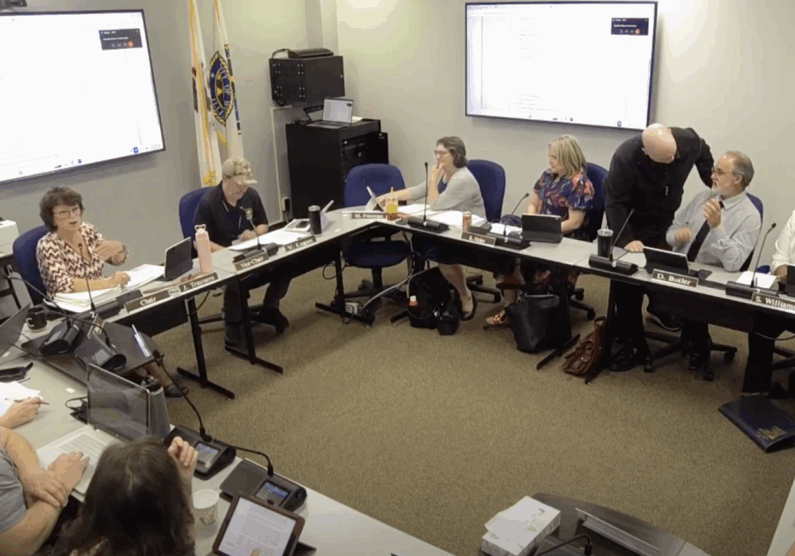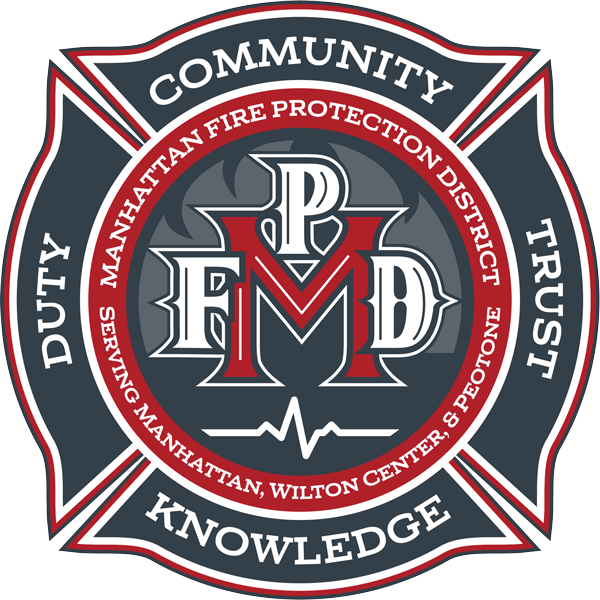
Will County to Draft New Harassment Policy Amid Debate Over Board Authority
The Will County Ad-Hoc Ordinance Review Committee will draft a new, county-wide general harassment policy after a lengthy debate on Tuesday revealed the complexities of the county’s legal obligations and the limits of the County Board’s authority over other elected officials.
The discussion arose during a review of Chapter 39 of the county’s ordinances, which contains the state-mandated sexual harassment policy. Board Member Dan Butler proposed broadening the policy’s title and scope from “sexual harassment” to a general “harassment policy,” arguing the county’s required training course covers a much wider range of protected classes, including veterans and pregnant women.
“I was surprised that it included a lot of groups other than just men and women of a sexual nature,” Butler said. “I just thought our policy should reflect that… to bring a broader understanding of what we’re trying to accomplish.”
However, Phil Mock of the Will County State’s Attorney’s Office, who is guiding the committee’s review, advised against altering the existing policy. He explained that state law specifically mandates a standalone “Sexual Harassment Policy,” and changing the title could put the county out of compliance.
“The reason we use that term is because the state mandated us to use that term,” Mock said. “We don’t want to be in a situation where they said, ‘You just have a general harassment policy, you don’t have a sexual harassment policy.'”
This prompted a deeper conversation about the board’s power to set policy for the entire county. Member Judy Ogalla questioned why some ordinances apply county-wide while others do not. Mock described the county government structure as a “feudal system with a bunch of dukes and not one king,” where each elected official—like the Sheriff, County Clerk, or Coroner—maintains control over their office’s internal operations.
He clarified that the County Board’s authority is strongest on fiscal matters. Policies with direct financial implications, like those concerning insurance benefits or purchasing, are binding. Policies on workplace conditions, however, are largely followed voluntarily by other elected officials.
“As a county voice you can say that,” Mock said, suggesting a separate anti-harassment policy would likely be adopted by other officials. “My belief is all the elected officials will voluntarily follow your policy because that makes it easy on them. They don’t have to make their own up.”
Ultimately, the committee voted to direct Mock to draft a new, separate general harassment policy to be added to Chapter 39. The policy will address protections for various classes as defined by state law and court interpretations. Due to the addition of this new section and other required changes, the committee voted to postpone final approval of Chapter 39 until its next meeting.
Latest News Stories

Meeting Briefs: Frankfort Township Board for April 14, 2025

Manhattan Township Recommends Denial of Bruns Road Rodeo Permit Amid Neighbor Objections

Road Contract Awarded as Township Races Against Bridge Funding Deadline

Manhattan Township Halts Electric Aggregation Program, Citing Poor Pricing

Meeting Briefs: Manhattan Township for April 8, 2025

Fire District Receives Clean Audit, Adds 9 New Firefighters Despite Staff Departures

Construction Manager Decision Delayed for New Fire Station Project

Manhattan Fire District March 17 Meeting Briefs

Manhattan Township to Fight State Consolidation Bills, Citing Threat to Local Services

Massive Battery Storage Facility Proposed in Manhattan Township, Could Be “Largest in Illinois”

Proposed Bruns Road Rodeo Sparks Concerns Over Safety, Zoning, and Past Violations

Soltage Solar Farm Clears County Committee; Township Eyes Aesthetic Improvements

Meeting Briefs: Manhattan Township for March 11, 2025

Manhattan Police Reports
